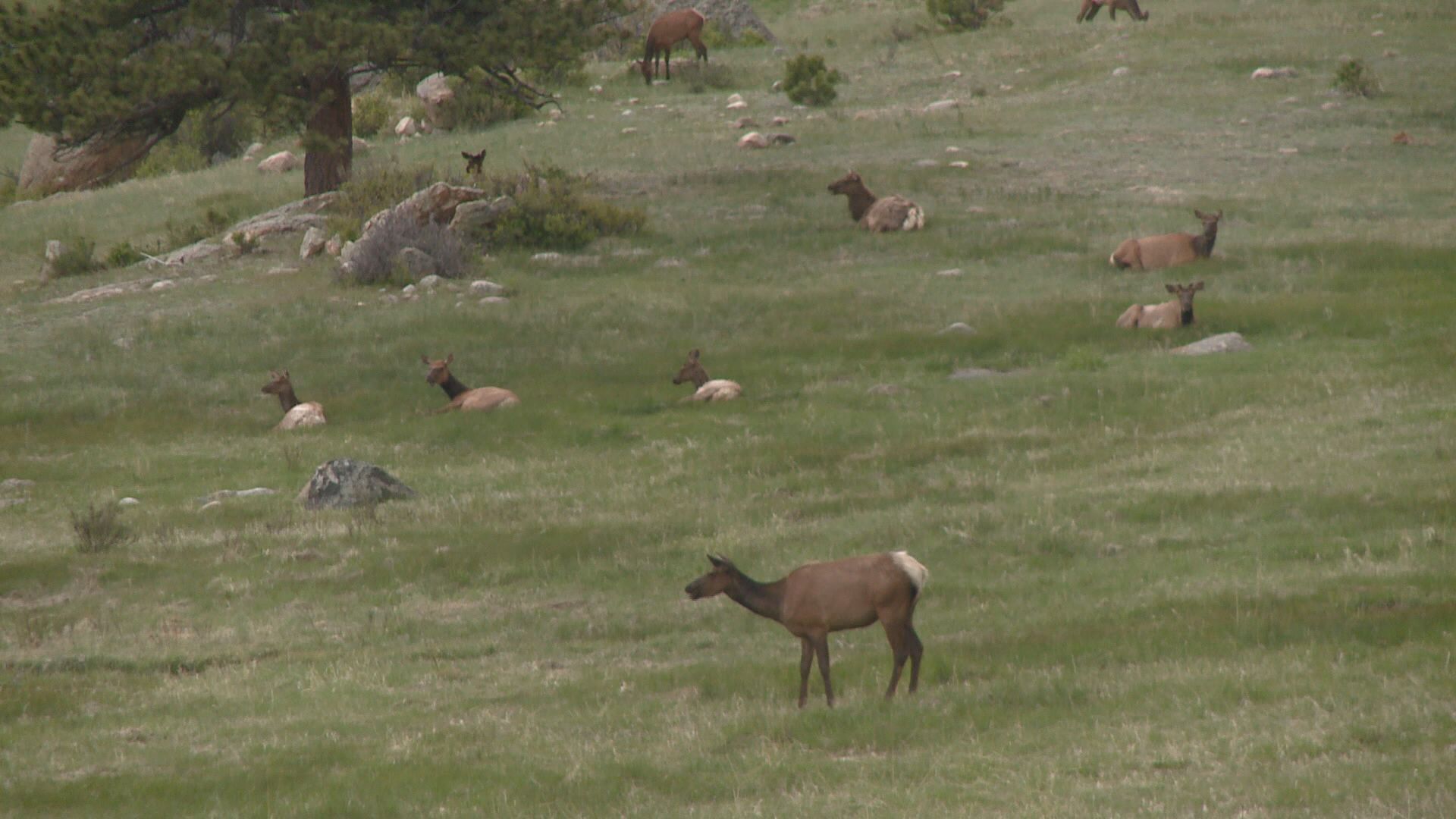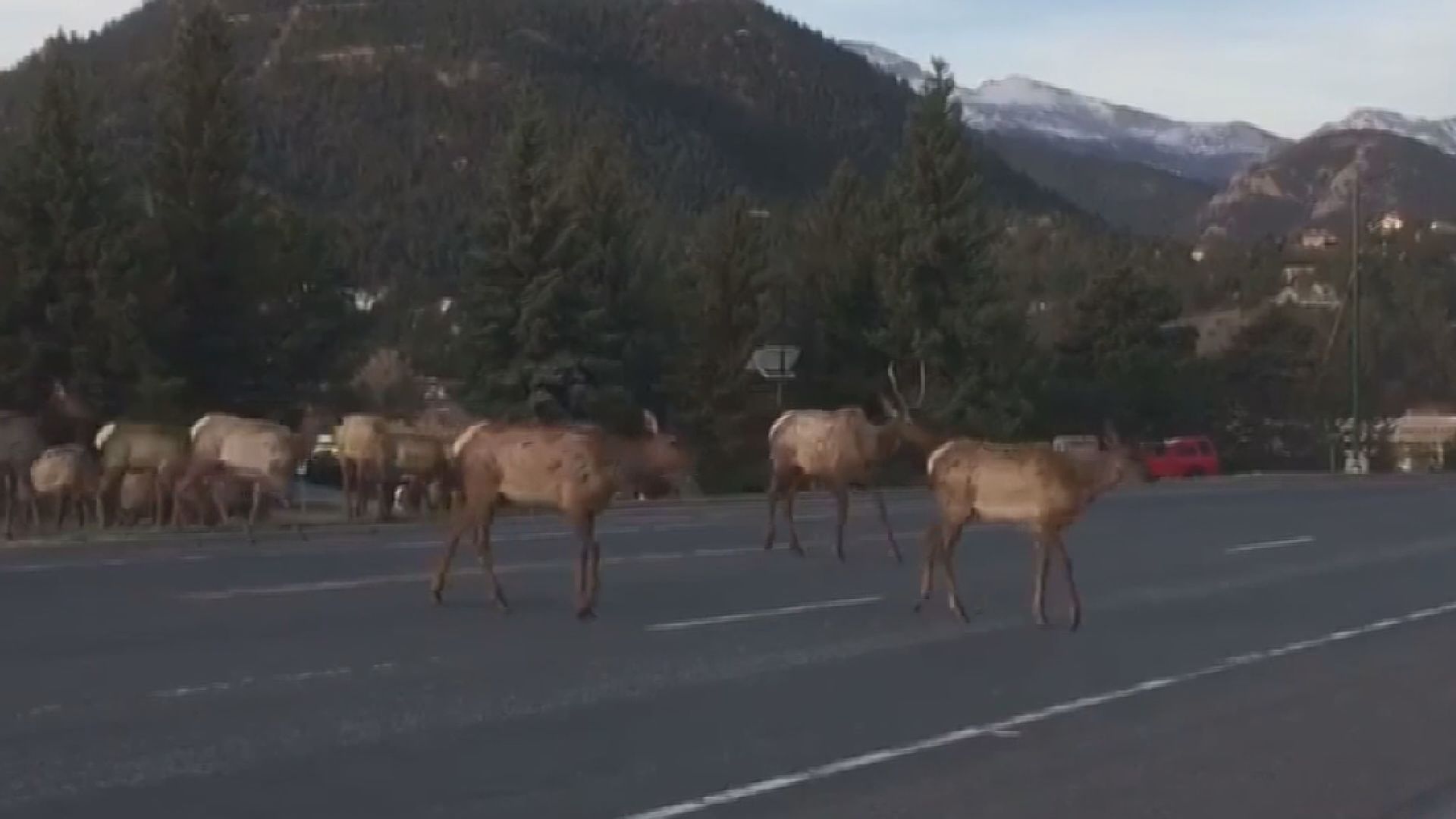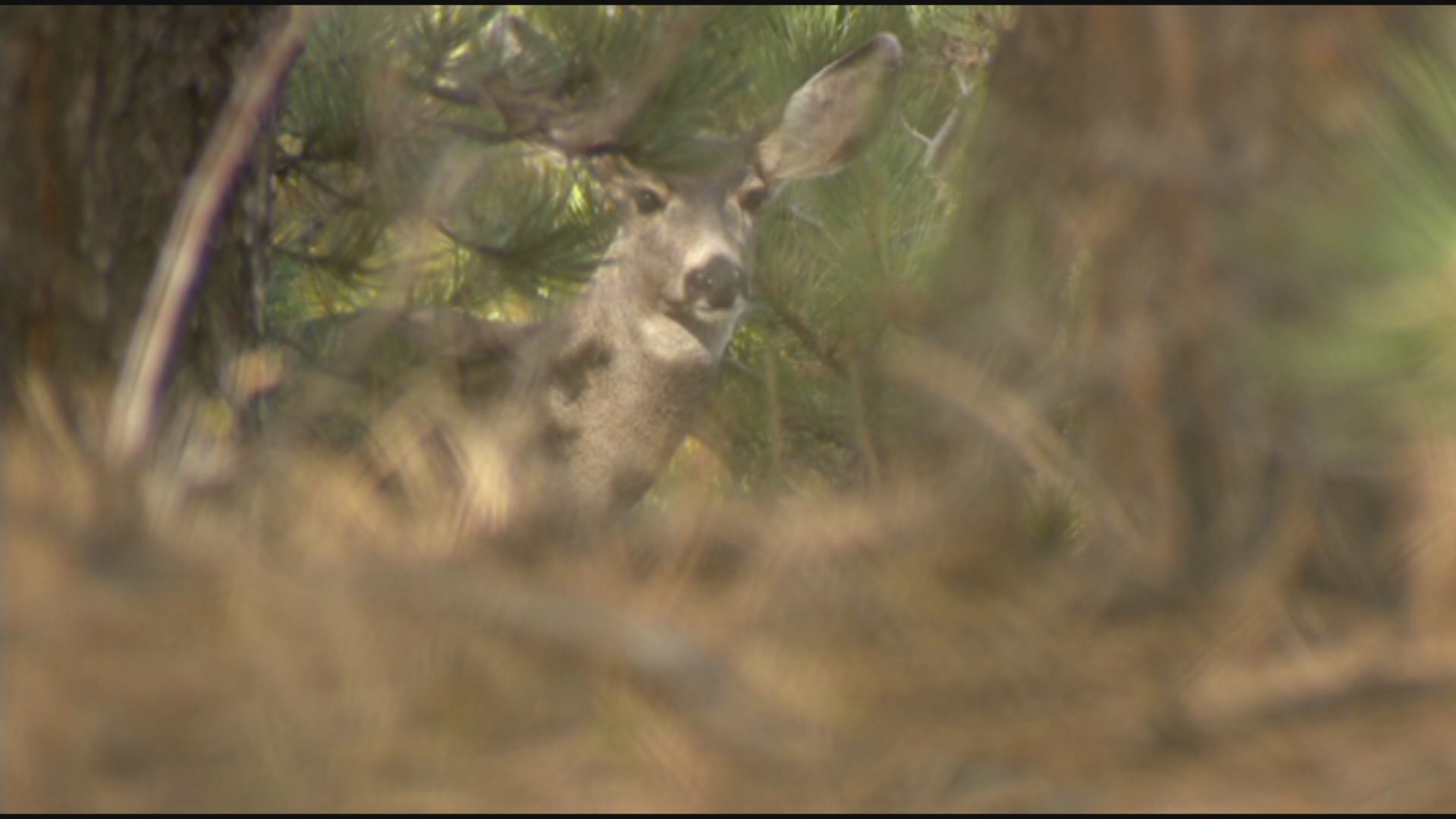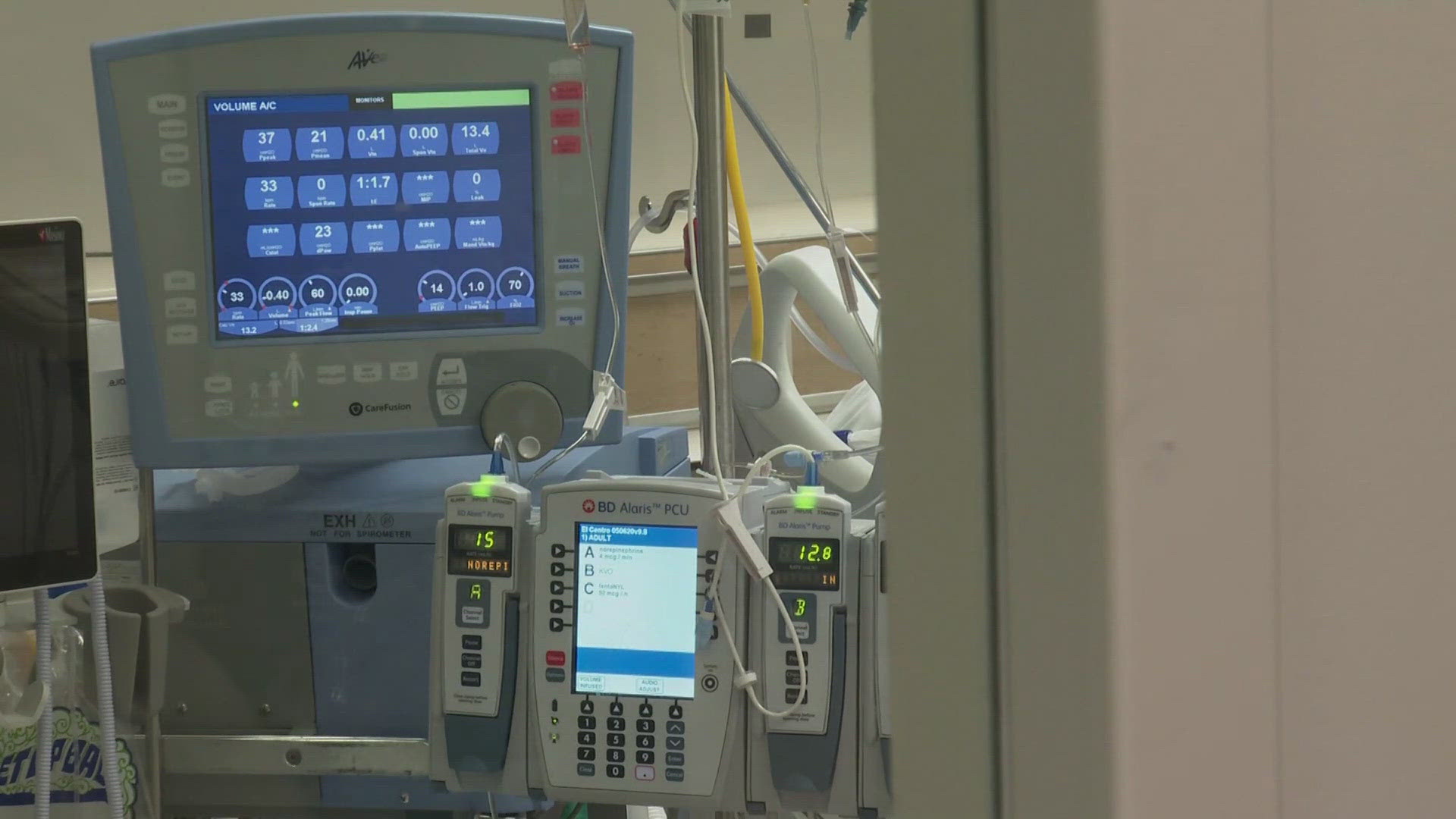Wildlife experts say it's potentially an epidemic in slow motion.
Chronic Wasting Disease is a neurological disease found in species of the deer family that is affecting a growing portion of the deer and elk herds in Colorado, wildlife officials said.
CWD can be found in half of Colorado's deer herds and one-third of the elk herds in our state.
CWD was initially found in Colorado about 40 years ago. All four species of the deer family in the state are known to be naturally susceptible to the disease, in addition to elk, moose, sheep and mountain goats.

With more people applying for hunting licenses this year, wildlife officials are now turning to hunters to help. Colorado Parks and Wildlife is asking hunters to hand over samples of meat in order to guage how serious the CWD issue is.
Officials implemented voluntary testing for CWD in the past. Now, they're requiring mandatory testing from a randomly selected group of hunters, according to Colorado Parks and Wildlife spokesperson Rebecca Ferrell.
Hunters will be selected from some Game Management Units during the 2017 season to increase the number of samples submitted for testing. The objective is to improve their knowledge of CWD infection rates, officials explained. Animals with CWD can become easy targets for hunters because the disease makes them irrational.
Animals become infected with CWD through saliva and show a variety of neurological symptoms.
"You'll start to notice they look a bit confused and they'll start walking in circles," she explained.
She says animals look emaciated and eventually die because they stop eating altogether.
"The older ones start to die off and that leaves the younger ones more susceptible," Ferrell said, "That's why we're relying on our hunting partners to be our eyes and ears on the ground. They can help us be in places where our researchers and scientists can't be."

CPW asks that hunters not kill animals that look like they might have the disease. The health department is warning people to not eat meat from animals that may be affected by CWD.
Rob Bobitsky owns Rocky Mountain Meats in Wheat Ridge, the oldest meat shop in Colorado. Bobitsky, a former USDA employee, has implemented changes in order to avoid CWD contamination. According to wildlife officials, people who eat meat from animals with CWD face a "small risk" of infection.
"We do not cut the spinal cord, we don't do any of the bone-in's or pork chops or anything like that," Bobitsky explains, "If you do it boneless and you don't mess with the brain, you're safe."
Northern Colorado has most of the infected deer and elk herds. While officials say there is a small risk present for people who eat infected meat, Colorado Parks and Wildlife has received no reports of humans getting CWD in the 40 years its been present in the state.


